Problem-solving abilities Numbers Worksheets for Ages 6-9
9 filtered results
-
From - To
Empower your child with our Problem-Solving Abilities Numbers Worksheets for ages 6-9! These meticulously designed worksheets enhance critical thinking and problem-solving skills by tackling engaging and age-appropriate numerical challenges. Our fun and interactive activities foster a deeper understanding of fundamental math concepts, ensuring your child remains captivated and enlightened. Watch them explore patterns, solve puzzles, and build a sturdy math foundation with ease. Perfect for both classroom and home learning, these worksheets are a valuable resource to support your child's academic growth and confidence in math. Visit us today and unlock a world of mathematical adventure!
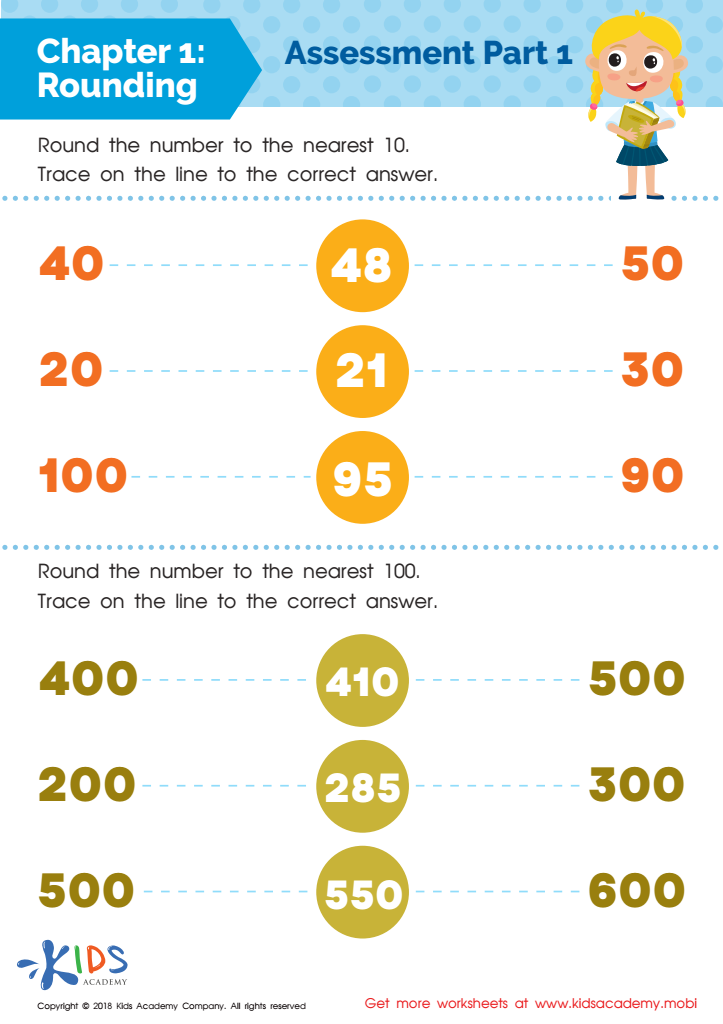

Rounding Worksheet 3rd Grade
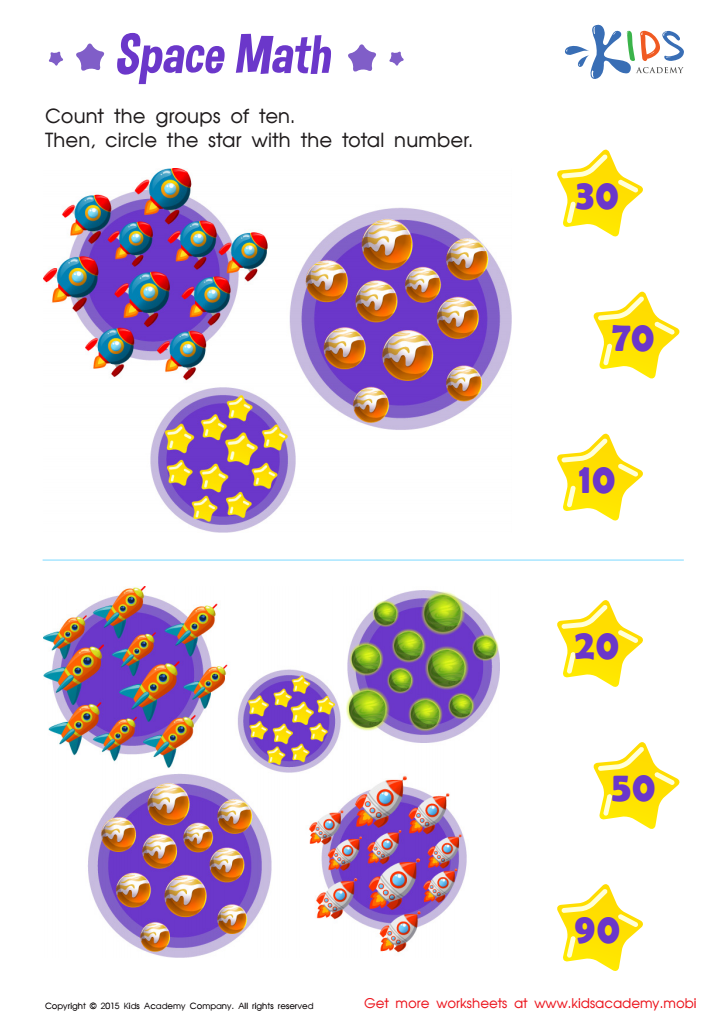

Learn dozens: Space math Worksheet
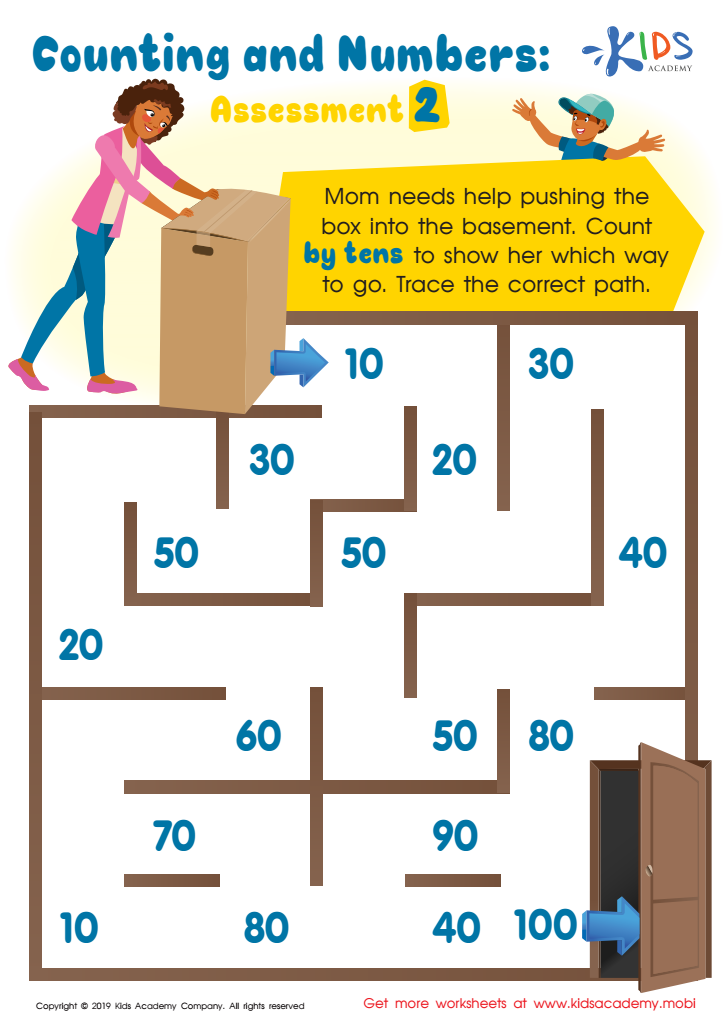

Counting and Numbers: Assessment 2 Worksheet
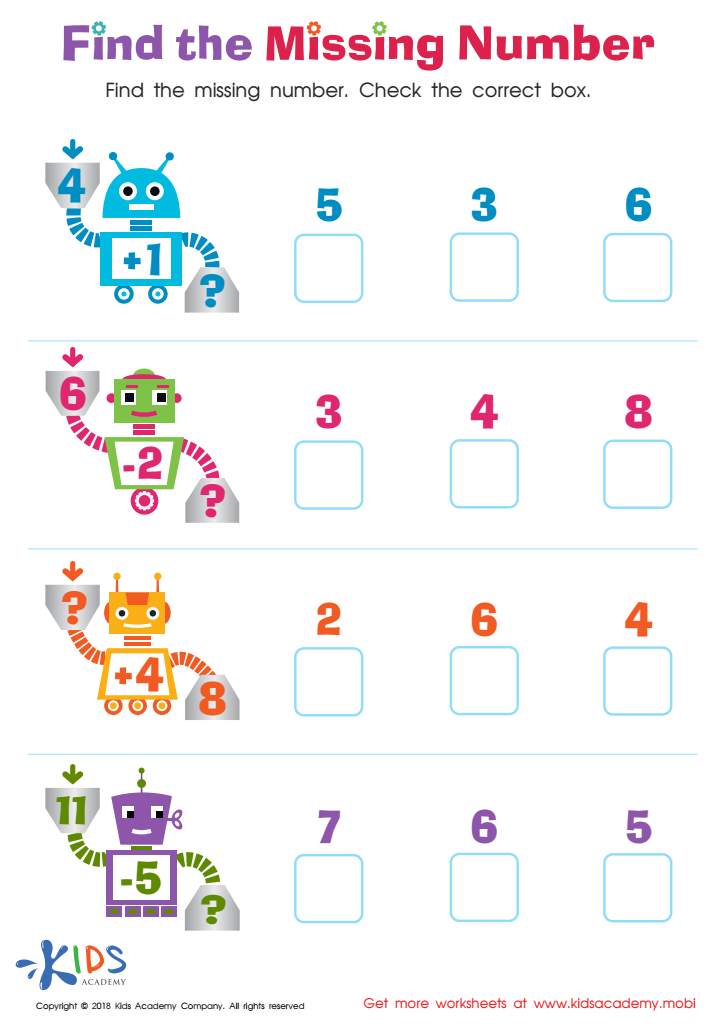

Find the Missing Number Worksheet
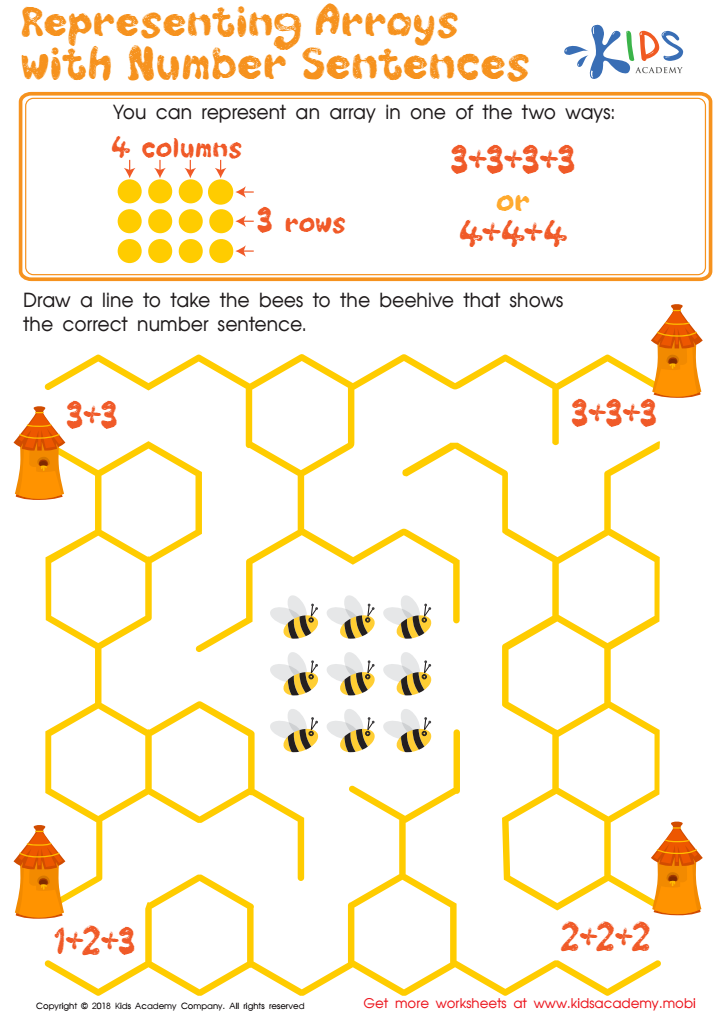

Representing Arrays with Number Sentences Worksheet
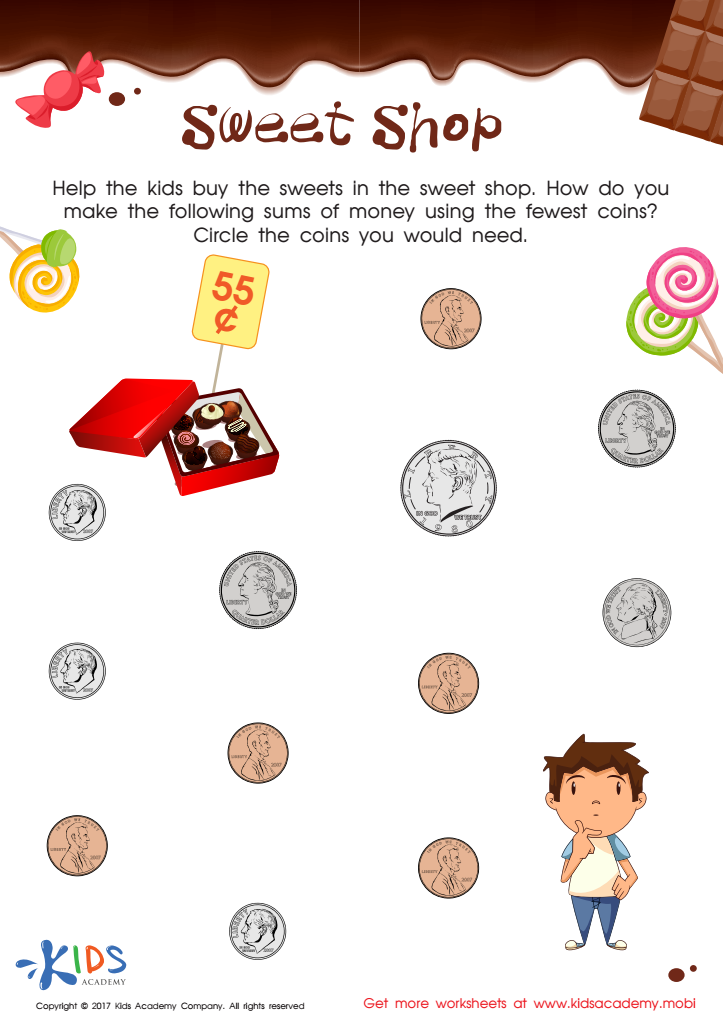

Sweet Shop – Counting Coins Worksheet
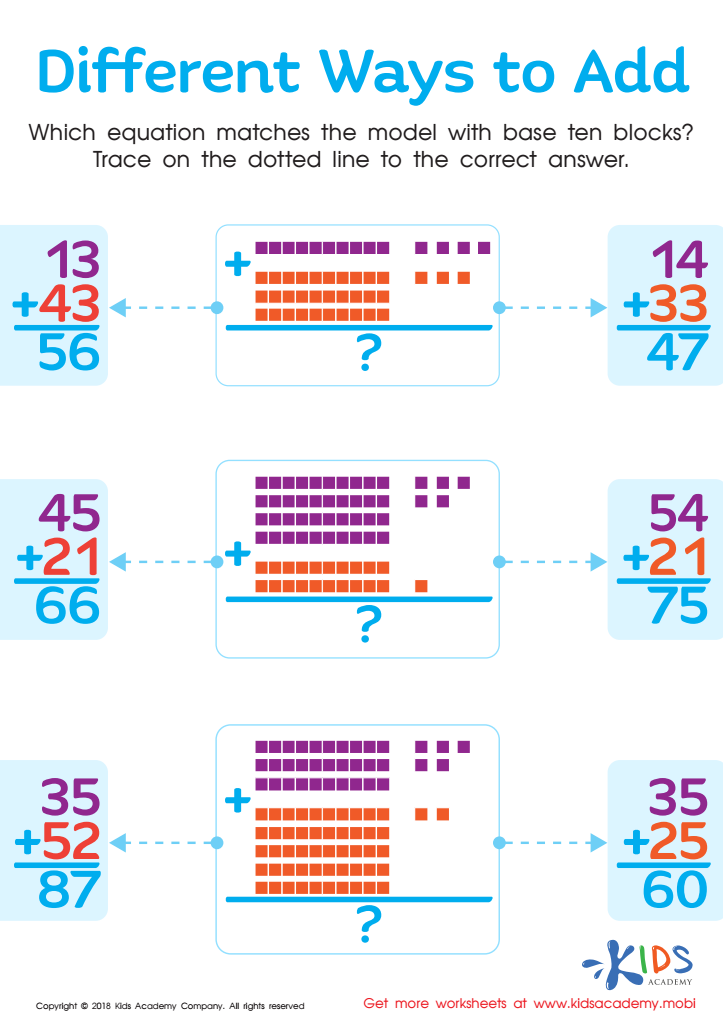

Different Ways to Add Worksheet
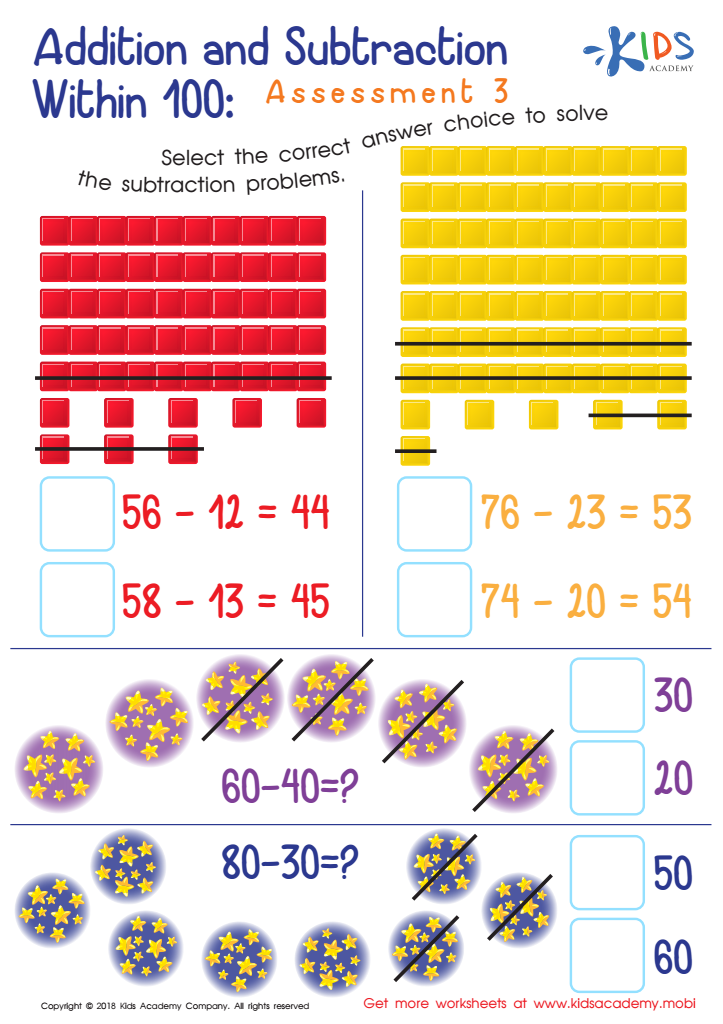

Addition and Subtraction Within 1: Assessment 3 Worksheet
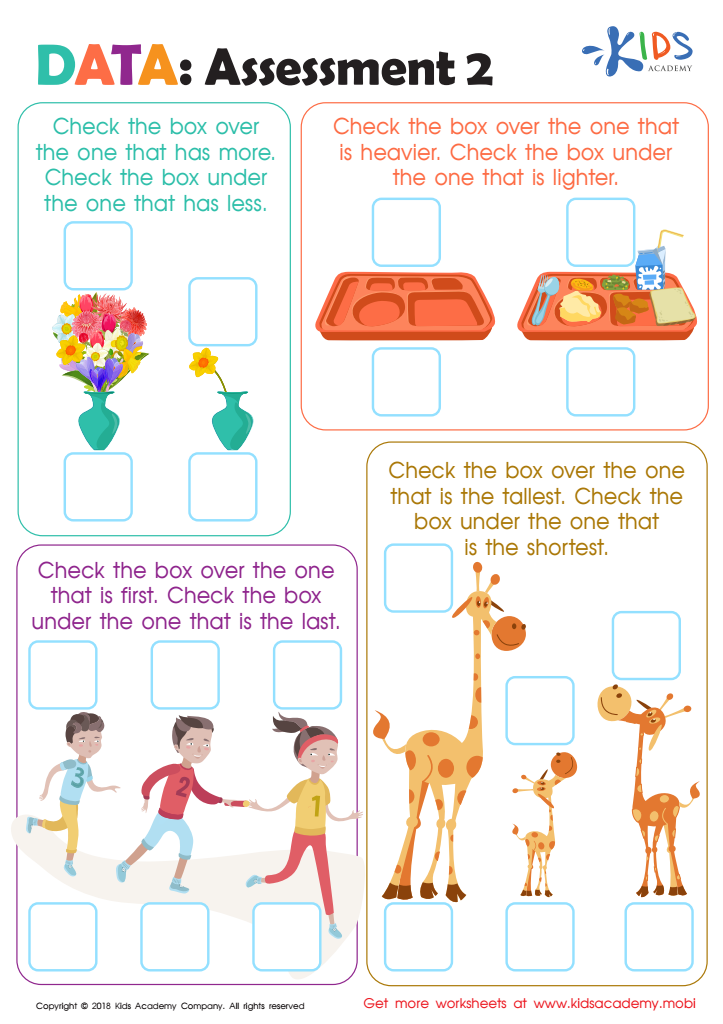

Data: Assessment 2 Worksheet
Problem-solving abilities in numbers are crucial for children ages 6-9 because they are foundational skills that support their overall cognitive and academic development. At this stage, kids are in the concrete operational phase according to Piaget's theory of cognitive development, where they begin to engage in logical thinking about concrete events. Problem-solving tasks in mathematics help to sharpen their critical thinking and reasoning skills, which are essential for daily life and future learning.
Moreover, regular practice in problem-solving fosters a positive attitude toward math, making it less intimidating and more engaging. By integrating numbers into problem-solving, children also improve their numerical literacy, which is fundamental to more advanced mathematical concepts they will encounter later in their education.
Additionally, these activities encourage independent thinking and perseverance. When children tackle numerical problems, they learn how to break down complex tasks, recognize patterns, and devise strategies, thereby boosting their confidence and resilience.
Encouraging problem-solving in numbers carries long-term benefits. Children who develop robust problem-solving skills early are better prepared for challenges both inside and outside the classroom, making them more adaptable, resourceful, and successful in various aspects of life as they grow. Therefore, parents and teachers play a crucial role in providing opportunities and support for these critical early learning experiences.
 Assign to My Students
Assign to My Students
















